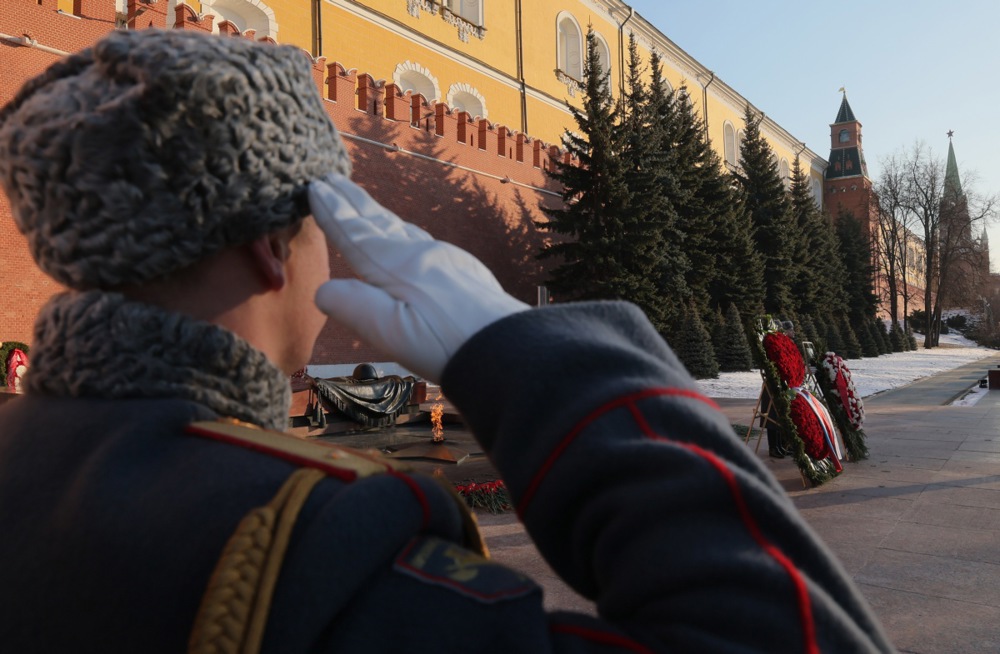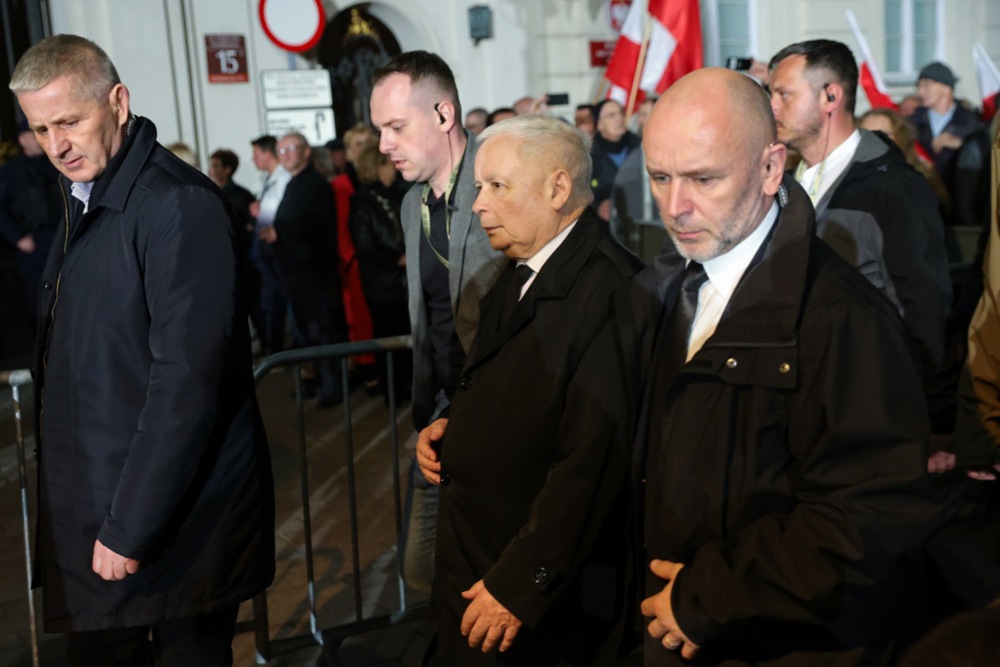Poland’s opposition Conservatives (PiS) have criticised the centre-left government led by Prime Minister Donald Tusk over its handling of national security.
It came in the aftermath of an admission by Tusk’s administration that on the weekend of November 15-16, at least two explosions damaged railway lines along a route serving commuters and channelling aid to Ukraine.
Given the railway line in question served aid efforts to Ukraine, the PiS felt there had been insufficient security granted to it by the government. That was especially so given the reports of Russian-backed individuals having been caught in recent years plotting to damage Polish infrastructure.
The PiS-allied President Karol Nawrocki’s aide Bartłomiej Poboży criticised the government for the way in recent weeks it had prevented the President from meeting the four chiefs of the security services.
“It really is time that the government took security matters seriously,” said Poboży. He said it was clear railway lines supplying Ukraine were of interest to potential Russian-backed saboteurs, “yet the government seems to have been caught asleep at the wheel”.
His view was indirectly backed by commercial broadcaster Radio Zet, which yesterday reported that sources from Poland’s State-owned railways PKP claimed that for days there had been reports of “suspicious activity along railway tracks”.
Damage was discovered in two places on the rail link between Warsaw and the eastern city of Lublin and was considered by the Polish authorities to have been a deliberate act of sabotage.
A train driver first spotted the damage to the tracks some 90km southeast of Warsaw, on November 16. Officials later said the railway tracks had been blown up, as nearby villagers reported hearing a loud bang on the evening of November 15.
A second incident was reported later on November 16 when a train carrying 475 passengers made an emergency stop after its windows were shattered. It seemed likely the cause was a damaged overhead power line but no one sustained any injuries, State news agency PAP reported.
Yet it took Tusk until yesterday to state publicly that the goal of those behind a suspected sabotage attack on a strategic railway line was “to blow up a train”.
He announced that “unfortunately, the worst fears have been confirmed” and that an “explosive charge” had been used to destroy the track. He added that damage on the same line had been discovered at another location closer to Lublin.
Tusk called the incidents “ unprecedented acts of sabotage” targeting Poland and its citizens, adding that the rail link in question “is also crucially important for delivering aid to Ukraine”.
“Unfortunately, there’s no doubt that we’re dealing with an act of sabotage. Luckily, it didn’t end in tragedy but it’s a very serious incident,” the PM said.
No perpetrator has yet been identified, although some figures from the ruling coalition have pointed to the fact that Poland has recently suffered various acts of sabotage. They were suspected of being carried out by operatives working on behalf of Russia.
In 2023, during the lifetime of the last PiS government, 16 members of a group operating on behalf of Russia were detained and charged with attempts to blow up Polish trains and commit acts of arson.
Of the latest incidents, deputy interior minister Maciej Duszczyk pleaded for restraint in assuming all acts of sabotage were the work of the Russians. Other politicians from Tusk’s centre-left coalition had no doubts, though.
“Not a month goes by without some form of aggression from people recruited by the Russian security services on the territory of not only Poland but the entire European Union,” said Bartłomiej Sienkiewicz MEP, adding that “we are truly at war”.
Later yesterday, the chief of staff of the Polish armed forces, General Wiesław Kukuła, issued a statement on the incidents that did not blame Russia directly but appeared to suggest Moscow was behind them.
“The adversary has begun preparations for war,” said Kukuła. “They are building a certain environment here that is intended to undermine public trust in the government and institutions such as the armed forces and police.
“It is intended to create conditions favourable to potential aggression on Polish territory.
“These types of actions haven’t necessarily always preceded armed conflicts,” he said, adding: “I emphasise once again: What matters most today is our attitude, our reaction.”
Poland has so far not been hit by a major terrorist attack but has of late suffered from arson attacks in shopping centres which have been attributed to Russian operatives.
The country has seen drone and missile incursions during the ongoing war in Ukraine. The most serious saw more than 20 drones, reportedly of Russian origin, violate its airspace in early September. Some of them, which turned out to be decoys, were shot down by Polish F-16 fighter planes.





